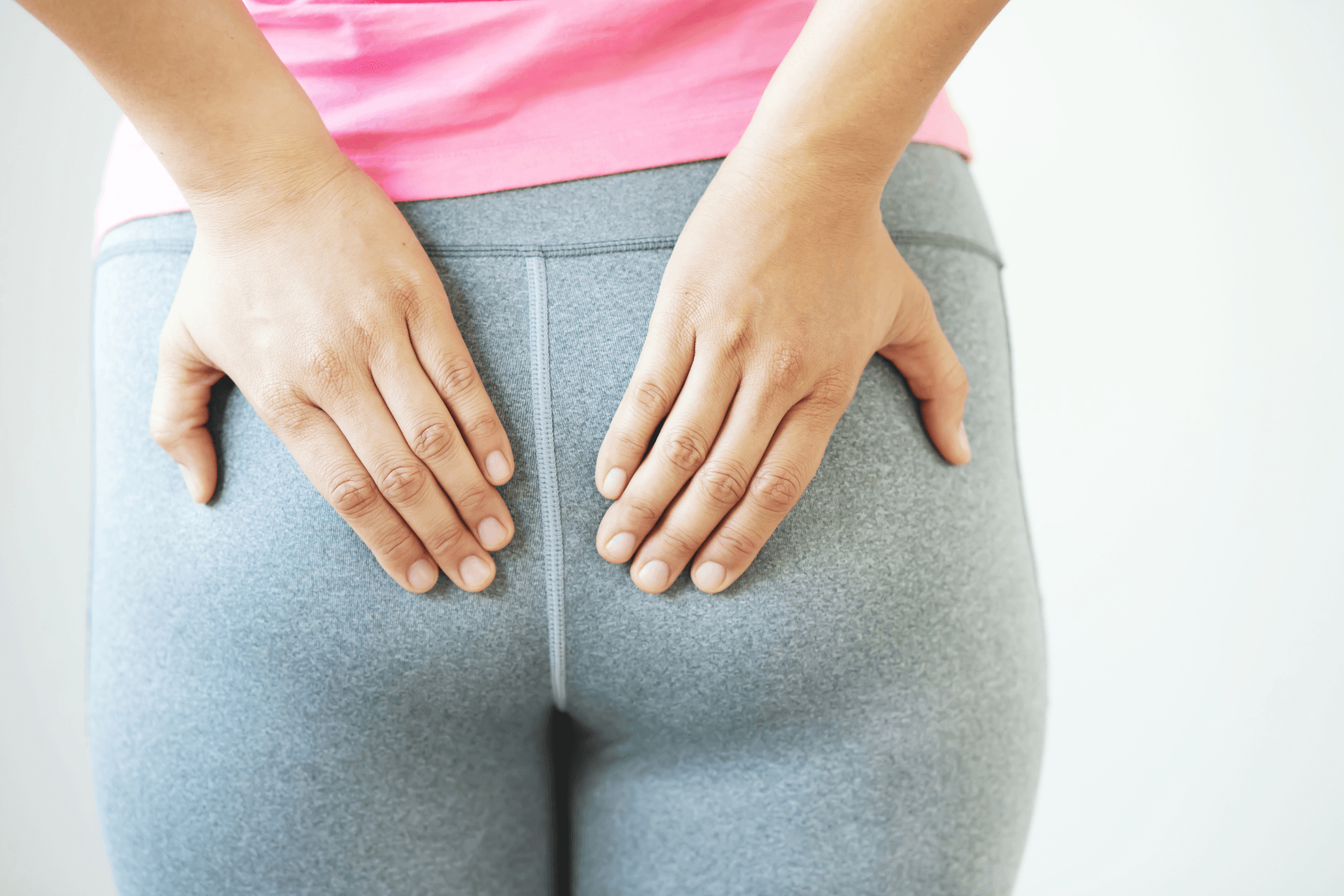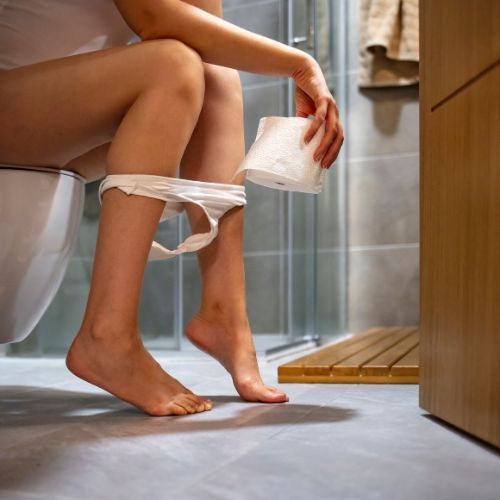
What is coccyx pain in pregnancy?
Coccyx (tailbone) pain can occur at any time during your pregnancy due to the increase in body weight, softening of the ligaments and muscles around your pelvis. Most women who experience coccyx pain will complain of an ache through their tailbone area. The pain maybe worse when sitting or when rising from sitting on a chair or couch.
Common causes of coccyx pain during pregnancy:
Muscles - Your pelvic floor muscles attach onto the coccyx bone, therefore any abnormal tension in these muscles can aggravate your pain. Additionally, if your lower buttock muscles are tight it can also aggravate your pain.
Sitting Posture - you may have adjusted your sitting posture during pregnancy and are sitting more on your sacrum rather than your SIT bones. This is a common occurrence after pregnancy as the pregnancy backward tilt is maintained after birth, causing the woman to sit on her sacrum which in turn aggravates the tailbone pain.
Hormones - During pregnancy your hormones change and are designed to relax and soften all your muscles and ligaments of your body. This can sometimes result in altering the position of your coccyx.
How can you manage your coccyx pain?
- Ice / heat pack on your tailbone region
- Avoid slumping postures
- Self massage to your gluts and back muscles
Come and see one of our physios if your are experiencing coccyx pain during your pregnancy.
More from the blog



03 9325 1511
info@pelvichealth.melbourne
ABOUT US
While you don’t talk about pelvic health every day, we do. Our team of specialised physiotherapists are highly skilled and more importantly, have the emotional intelligence to help you through whatever challenges you’re facing. Talk to us today.
ABOUT US
While you don’t talk about pelvic health every day, we do!
Our team of pelvic health therapists are passionate about helping you through whatever challenges you’re facing. Talk to us today.

We acknowledge the Traditional Owners of the land where we work and live, the Bunurong and Wurundjeri peoples of the Kulin Nation and pay our respects to Elders past and present. We celebrate the stories, culture and traditions of Aboriginal and Torres Strait Islander Elders of all communities who also work and live on this land.



